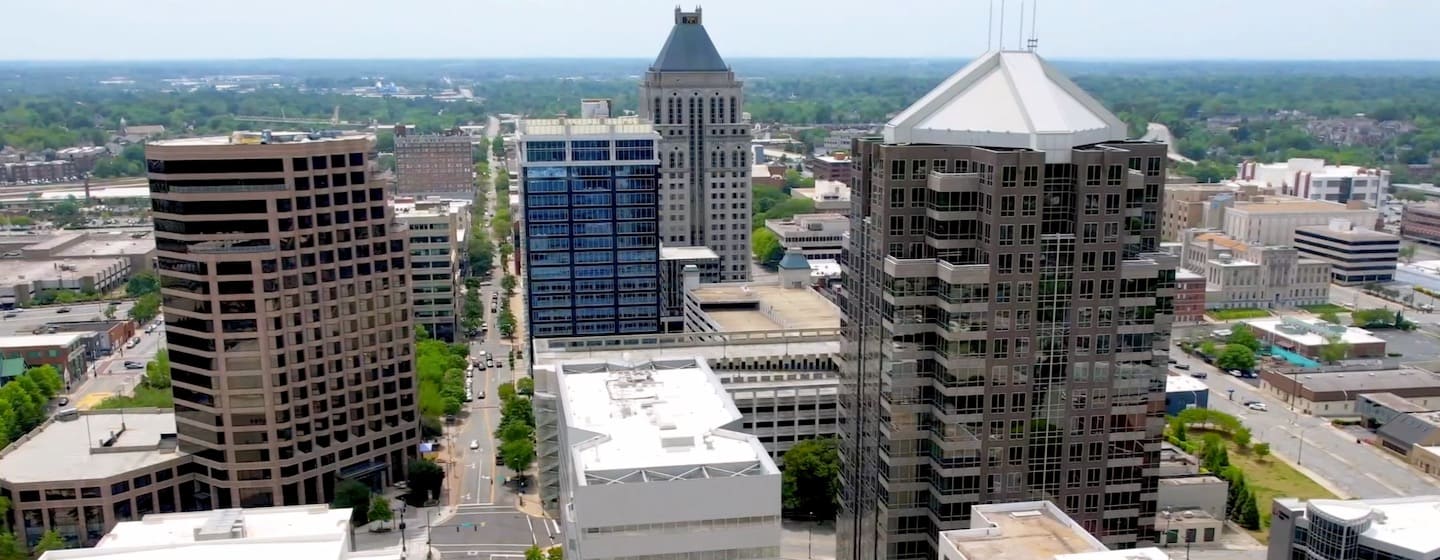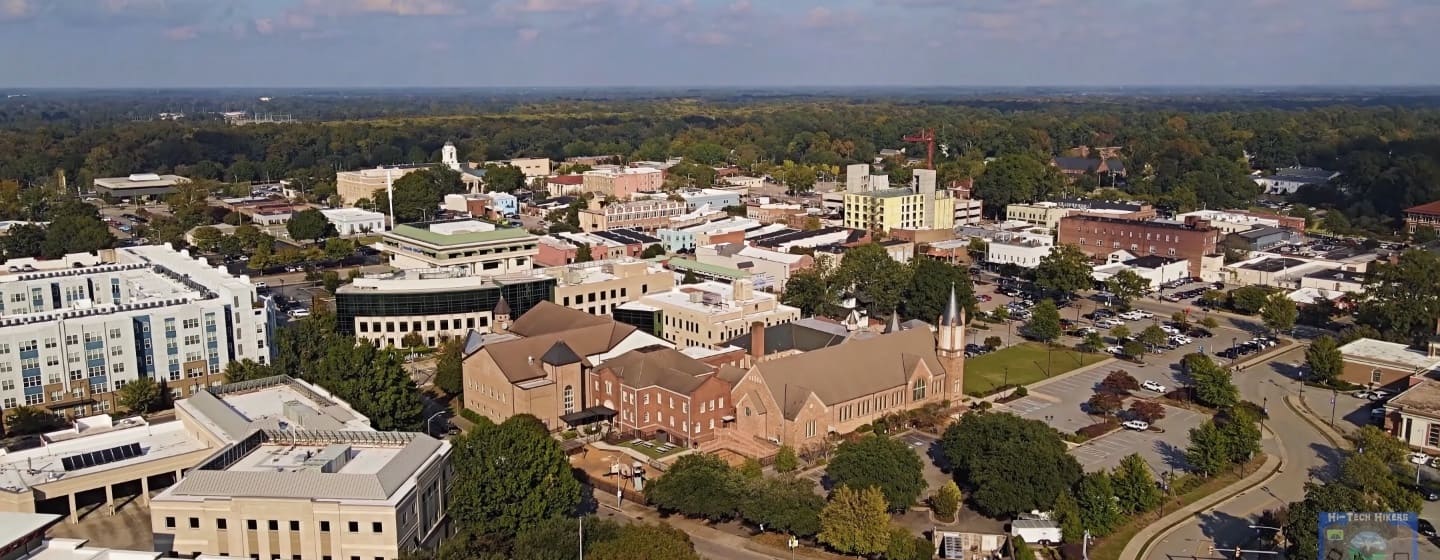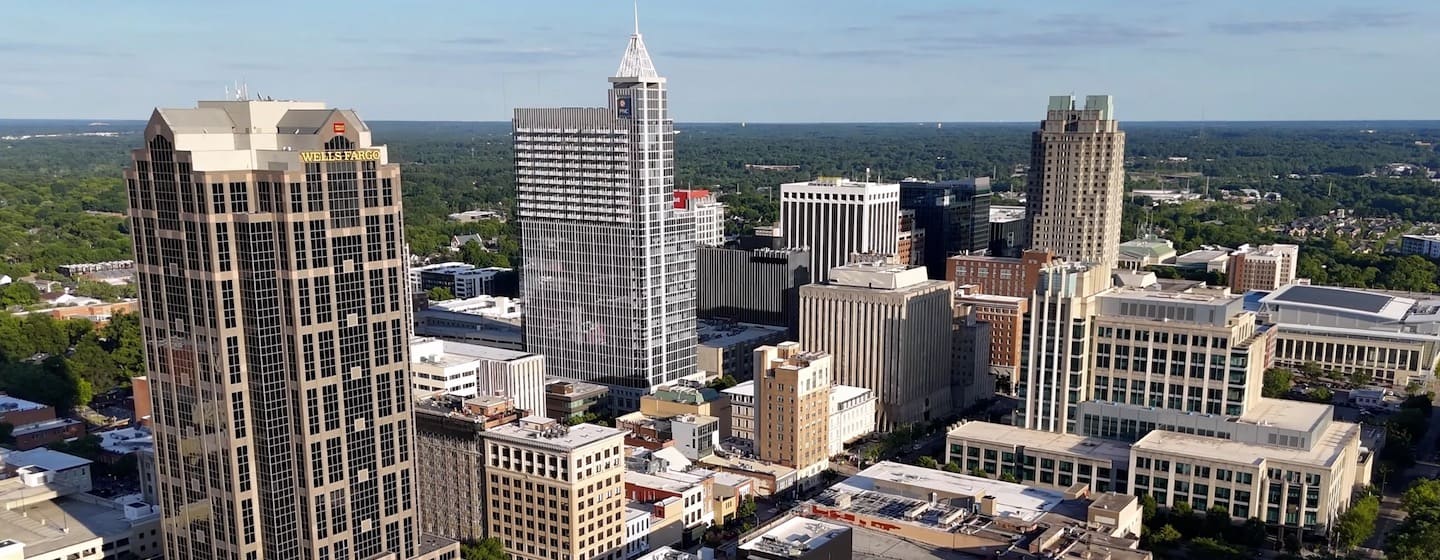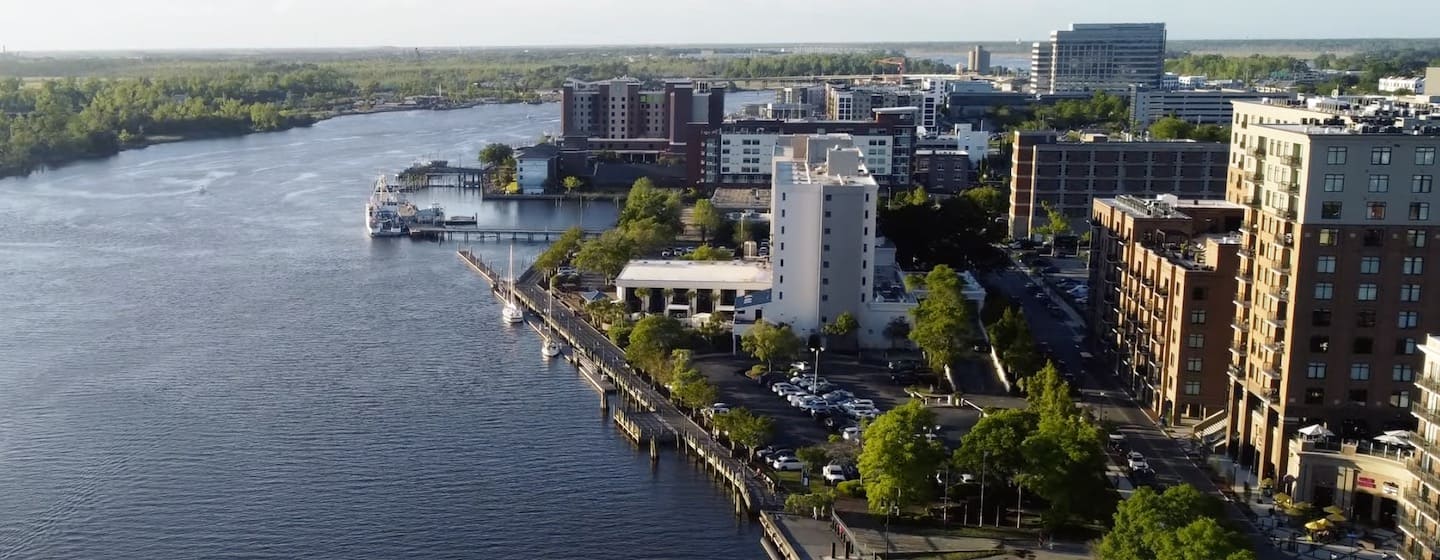The Asheville Dating Paradox: A Guide to Finding Love in the Land of Sky
I’ve sat with brilliant artists, driven entrepreneurs, world-weary healers, and grounded mountain folk.
And while their stories are as varied as the wildflowers on a Roan Mountain bald, a common, vexing thread runs through many of them: “Dating in Asheville is impossible.”
They’ll lean forward, a familiar mix of frustration and bewilderment in their eyes, and list the reasons: the dating pool is a shallow mountain stream, everyone is transient, no one wants to commit, or my personal favorite, “I think I’ve already dated everyone on Haywood Road.”
From a clinical perspective, these complaints are more than just social gripes.
They are the surface-level symptoms of a much deeper, more complex psychological landscape.
Asheville isn’t just a place you live; it’s a place you choose. It’s a destination for seekers, healers, escapees, and dreamers.
And when you gather a population of people primarily on a journey of self-discovery, the journey of discovering someone else becomes uniquely challenging.
This isn’t your typical dating advice column. We’re not going to list the top five bars for meeting singles.
Instead, we’re going to peel back the layers of the Asheville psyche and explore the hidden currents that shape connection and love in this beautiful, frustrating, magical mountain town.

The Paradox of the Peak: The Quest for Self vs. The Search for ‘Us’
The single greatest psychological factor influencing dating in Asheville is what I call the Paradox of the Peak. People move here to climb their own personal mountain.
They are shedding an old skin—a corporate job, a toxic family, a life that felt inauthentic.
They arrive with a backpack full of intentions: to heal, to create, to connect with nature, to finally become the person they were always meant to be.
This is a noble and necessary pursuit. In psychological terms, it’s a powerful drive toward self-actualization.
But here’s the paradox: this intense focus on the individual path can inadvertently create massive barriers to partnership.
A healthy relationship requires a degree of compromise, of intertwining your path with another’s.
For someone laser-focused on their own summit, the idea of pausing, re-routing, or even just sharing the map can feel like a threat to their very mission.
I often see clients who meet wonderful, compatible people, only to sabotage the connection. Why?
Because the relationship starts to feel like a “distraction” from “the work.”
True partnership isn’t a distraction; it’s an accelerant for growth. It’s a mirror that shows us our triggers, our fears, and our capacity for love.
But in a culture that fetishizes the solitary journey, we’ve forgotten that some of the highest peaks can only be reached together.
Psychologist’s Tip: Reframe your thinking. Instead of asking, “Does this person fit into my pre-planned journey?” ask, “What new journey can we create together?”
See a potential partner not as a detour, but as a fellow adventurer who can point out new trails and help you navigate the terrain you couldn’t see on your own.
A Field Guide to the Asheville Dater: Recognizing the Archetypes (and Yourself)
In my practice, I’ve noticed recurring patterns—archetypes, if you will—that populate the Asheville dating scene.
These are not meant to be rigid stereotypes, but rather tools for understanding the dominant psychological energies at play.
Recognizing them in others (and more importantly, in yourself) can be the first step toward breaking unhelpful patterns.
1. The Trailblazing Healer
This individual is deep, intuitive, and has done a tremendous amount of work on themselves.
They can talk fluently about their attachment style, their childhood trauma, and the lessons from their last ayahuasca ceremony.
Their Strength: They are emotionally intelligent, self-aware, and not afraid of vulnerability. They crave deep, meaningful connection.
The Challenge: Sometimes, their entire identity is wrapped up in the process of healing. A relationship can become another project—a dynamic to be analyzed, processed, and workshopped.
They might “therapize” their partners or interpret every minor conflict as a sign that their core wounds are being activated.
Dating them can feel less like a partnership and more like a perpetual group therapy session for two.
The Key: This archetype needs to learn that a relationship can also be a place of rest, joy, and simple, unanalyzed fun. Not every ripple is a tsunami.
2. The Perpetual Artist/Musician
This soul is driven by a creative fire. They are passionate, inspiring, and see the world through a lens of beauty and metaphor. Their life is their art.
Their Strength: They are deeply passionate, romantic, and will introduce you to a world of incredible beauty and feeling. Life with them is never dull.
The Challenge: Their life is often governed by the unpredictable tides of inspiration, not the stability required for a long-term partnership.
Practical matters like finances, scheduling, and long-term planning can feel like soul-crushing constraints on their creative freedom.
This can manifest as a “Peter Pan” syndrome—a reluctance to engage with the adult responsibilities that partnership often entails.
The Key: This archetype thrives with a partner who respects their creative spirit but can also gently anchor them to reality.
They must learn that structure doesn’t kill creativity; it often creates the container in which it can flourish.
3. The Outdoor Purist
Their church is the forest, their scripture is an AllTrails map, and their peace is found at 6,000 feet of elevation.
Their identity is inextricably linked to their physical capabilities and their connection to the wild.
Their Strength: They are resilient, healthy, and grounded in a way that is deeply attractive.
They know how to be present and appreciate the simple, profound beauty of the natural world.
The Challenge: They can be rigid in their lifestyle. A partner is often evaluated on their ability to “keep up”—literally.
Can you hike 15 miles? Do you have the right gear? A shared love for the outdoors can become a hard-line prerequisite rather than a wonderful bonus.
This can screen out otherwise amazing partners who might enjoy a gentle walk to a waterfall but aren’t training for an ultramarathon.
The Key: This archetype needs to differentiate between shared hobbies and shared values. The value is a love for nature, health, and adventure.
The hobby is how you express it. Be open to someone whose expression looks different from your own.
The ‘Small Town in a Big Coat’ Effect: Navigating the Social Terrain
Asheville has the amenities and cultural cachet of a much larger city, but its social dynamics are pure small town.
This creates a unique environmental pressure on the dating scene.
The Social Echo Chamber
Within two degrees of separation, you probably know your date’s ex, their former roommate, and their favorite bartender.
This lack of anonymity means your dating life is semi-public. A bad date at Burial Beer Co. can become gossip at the yoga studio the next morning.
This pressure can make people risk-averse, hesitant to put themselves out there for fear of a messy, public fallout.
The Transience Trap
Because Asheville is a destination, the population is in constant flux. People move here for a season, a year, a “sabbatical,” and then they leave.
This creates a pervasive, low-grade attachment anxiety in the dating pool.
It’s hard to invest your heart in someone when you’re subconsciously wondering if they’re just passing through on their way to Portland or Boulder.
This leads to what I call “temporary intimacy”—connections that are emotionally deep but structurally shallow, with no real conversation about the future.
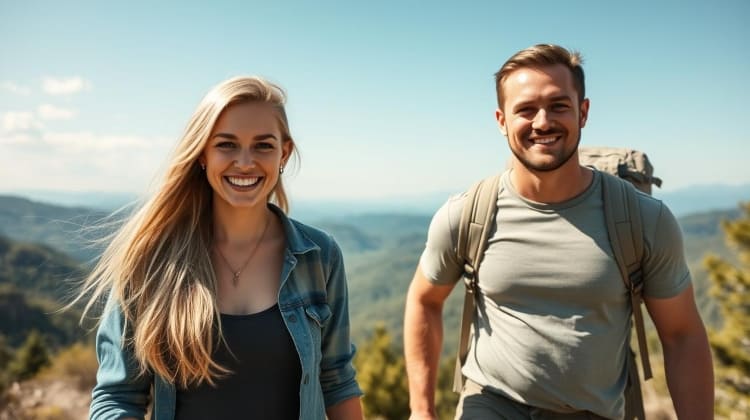
Charting Your Own Course: A Psychologist’s Prescription for Thriving
Surviving the Asheville dating scene requires more than a clever bio and a good set of photos.
It requires a conscious, mindful, and psychologically-informed approach.
Define Your ‘True North’ (Beyond Hobbies)
Many people in Asheville define themselves by their activities: “I’m a hiker, a yogi, a brewer.” These are hobbies.
Your values are the why behind the what. Instead of “I want someone who hikes,” try “I want someone who values physical well-being, challenges themselves, and finds peace in nature.”
This subtle shift opens you up to a far wider range of compatible partners.
The lawyer who runs marathons and the chef who finds peace in their garden share those values, even if they don’t own hiking boots.
Practice ‘Conscious Dating’
In a town full of mindfulness studios, bring that practice to your dating life.
When you are on a date, be fully present. Put your phone away. Listen not just to respond, but to understand.
Notice your own internal reactions. Are you feeling anxious? Excited? Bored? Don’t judge the feelings; just observe them.
This practice helps you make choices based on genuine connection, not on a preconceived checklist or a fear of being alone.
Diversify Your Social Portfolio
If you’re only looking for love on Hinge and in breweries, you’re fishing in a very crowded, specific pond.
Break out of your routine. Take that pottery class at the River Arts District you’ve been curious about.
Volunteer for a trail cleanup with Conserving Carolina. Join a book club or a weekly meditation group.
Meeting people in a low-pressure, non-dating context allows for more organic connections to form based on shared interests and authentic interaction.
Master the Art of Clear, Kind Communication
The relaxed, “go-with-the-flow” Asheville vibe can be a cover for a deep-seated fear of direct communication.
People ghost, they fade away, they use vague language to avoid confrontation. Be the change. You can be both kind and clear. Learn to say things like:
“I’ve really enjoyed getting to know you, but I don’t feel a romantic connection.”
“I’m looking for a long-term partnership, and I want to be upfront about that. I’d love to know what you’re looking for.”
“I’m feeling a real connection here and I’m excited to see where it goes.” This level of vulnerability is terrifying, but it’s the only way to build a foundation of trust and respect.
It filters out those who aren’t on the same page and draws in those who are ready for authentic connection.

FlirtForDate.com: The whole truth of the creation and my personal experience on a dating and hookup site.
The View from the Summit
Dating in Asheville is hard not because the people are flawed, but because it’s a city of individuals engaged in the profound, messy, and often solitary work of becoming themselves.
The very qualities that make this city so vibrant—its passion for creativity, its reverence for nature, its dedication to healing—are the same qualities that complicate the path to partnership.
But it is not impossible. Far from it.
Finding love here requires you to be as intentional with your heart as you are with your career, your art, or your wellness journey.
It requires you to see the archetypes without judgment, to navigate the small-town dynamics with grace, and to communicate with a clarity that can feel foreign in this land of nuance and flow.
The climb is steep, the path can be rocky, and you will undoubtedly encounter false summits.
But if you do the work—your own internal work—you may find that the greatest adventure isn’t just climbing your own mountain, but finding another brave soul to stand with at the top, sharing the breathtaking, hard-won view.
Frequently Asked Questions: Dating in Asheville
This is the most common sentiment I hear. The challenge in Asheville is a fascinating blend of sociology and psychology I call the “Paradox of Abundant Niches.” On one hand, the city is filled with passionate, interesting people. On the other, it’s highly sub-cultured. You have the homesteaders, the climbers, the craft beer aficionados, the spiritual wellness community, the tech entrepreneurs, the artists, etc. People often stick to their “tribe,” making cross-pollination difficult. The psychological work is to be secure enough in your own identity to be a curious visitor in other niches, rather than waiting for the perfect person to appear in yours.
Asheville is a city with a strong current of transience—it attracts seekers, travelers, and those in a transitional phase of life. This can lead to a prevalence of what we call “avoidant attachment styles,” where individuals value freedom and self-reliance above deep intimacy, often subconsciously. My clinical advice is to shift your focus from intensity to consistency. Intense, whirlwind connections are common here, but they often burn out. Look for the person who, while perhaps unconventional, shows up consistently. Pay attention to actions over romantic declarations. Do they make and keep plans? Do they integrate you into their life? These are the true indicators of commitment potential, not just shared interests in foraging or kombucha.
This is a classic case of confusing proximity with connection. Simply being in the same room (or on the same mountain) isn’t enough. The psychological barrier is often a fear of vulnerability. You might be participating in the activity, but are you making yourself emotionally and socially available? This means moving beyond small talk about the trail or the vinyasa flow. It involves making eye contact, offering a genuine compliment, and—this is the key—making a small, low-stakes invitation. Instead of hoping someone asks you out, try saying, “I’m grabbing a coffee at Liberty after this, would you like to join?” This shifts you from a passive participant to an active agent in your own dating life.
The “Asheville Shuffle” is real. It can feel like you’re navigating a minefield of exes. The psychological skill to develop here is called “differentiation.” This is your ability to maintain your sense of self and your emotional composure, regardless of external social complexities. It means you can go to a brewery, see your date’s ex, and not let it derail your evening. It requires strong boundaries and a focus on the new connection you are building, rather than the tangled histories around you. Reframe it: this environment is an excellent training ground for emotional maturity.
Yes, with a strategic mindset. If you approach the apps as a “catalog of humans,” you will experience burnout. If you use them as an “introduction tool,” they can be effective. My advice is to follow the “Three-Message, One-Invitation” rule. After a few substantive back-and-forths, propose a real-world meeting (a walk, a coffee, a beer). This weeds out those who are only seeking validation or a pen pal. The goal is not to have an extended digital relationship but to assess real-world chemistry as efficiently as possible.

